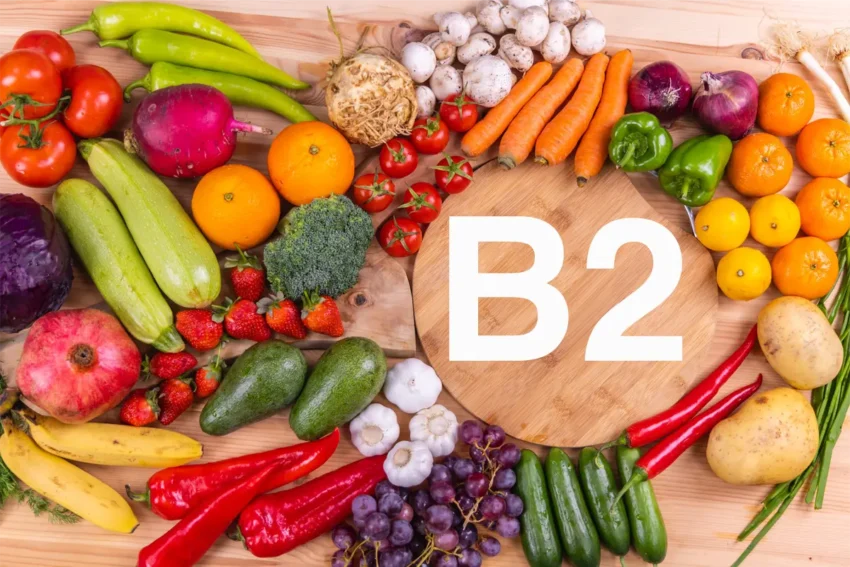Vitamin B2, also known as riboflavin, is a water-soluble vitamin that is essential for human health. It is involved in several important bodily processes, including energy production, cell growth and division, and the metabolism of fats, carbohydrates, and proteins.
Riboflavin is found in a variety of foods, including dairy products, meat, eggs, green vegetables, and fortified grains. Some of the best dietary sources of vitamin B2 include dairy products such as milk, cheese, and yogurt, as well as lean meats, such as chicken and turkey. Green leafy vegetables, such as spinach and broccoli, are also good sources of riboflavin.
A deficiency of vitamin B2 can lead to a range of health problems, including anemia, skin disorders, and eye problems. Additionally, a lack of riboflavin can impair the body’s ability to absorb other B vitamins, which can further exacerbate deficiencies and lead to additional health problems.
Vitamin B2 supplements are commonly used to treat riboflavin deficiency and other health conditions, such as migraines and cataracts. Additionally, riboflavin supplements may also help to boost energy levels and improve athletic performance.
While vitamin B2 is generally considered safe and well-tolerated, excessive amounts can cause adverse effects, such as yellowing of the urine. Additionally, high doses of riboflavin supplements can interact with certain medications, such as anti-tuberculosis drugs, so it is important to talk to your doctor before starting a vitamin B2 supplement.
In conclusion, vitamin B2 is an essential nutrient that plays a crucial role in maintaining good health. By including a variety of vitamin B2-rich foods in your diet and by talking to your doctor about taking a supplement if necessary, you can help ensure that you get enough of this essential nutrient to stay healthy and well.

